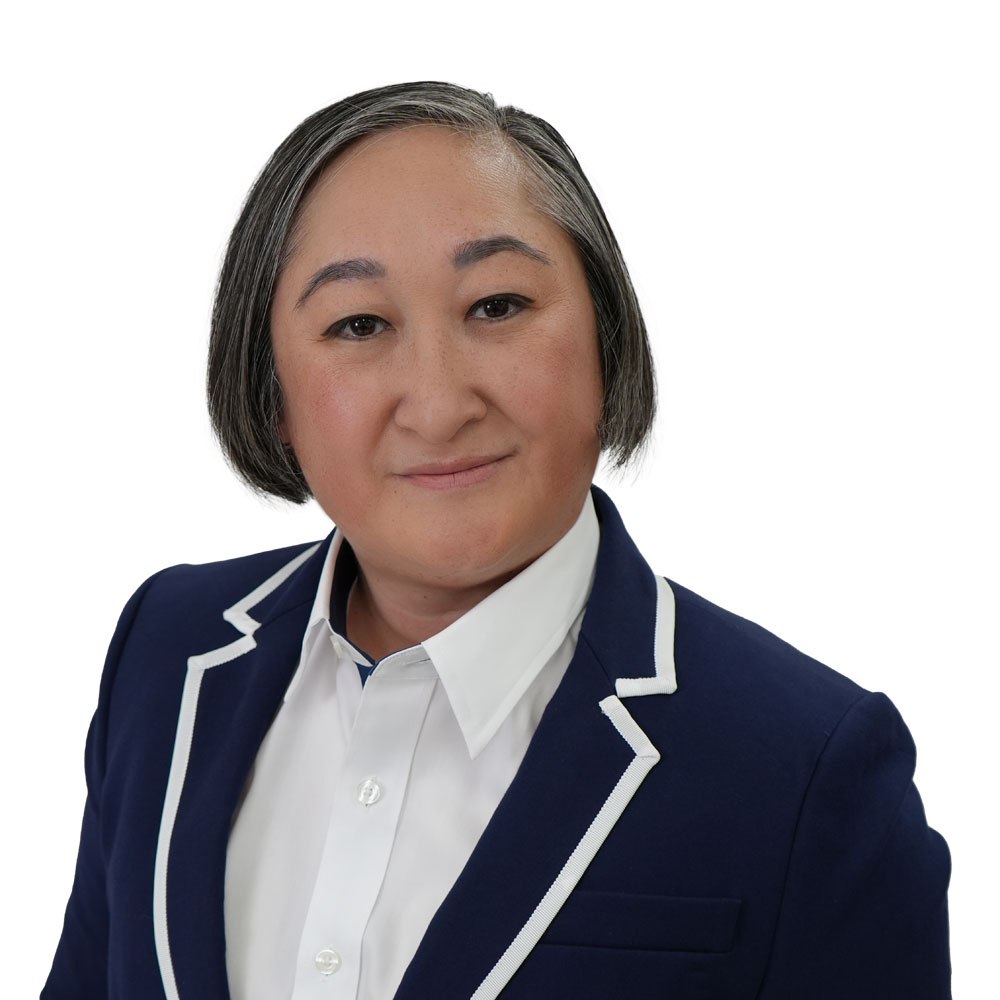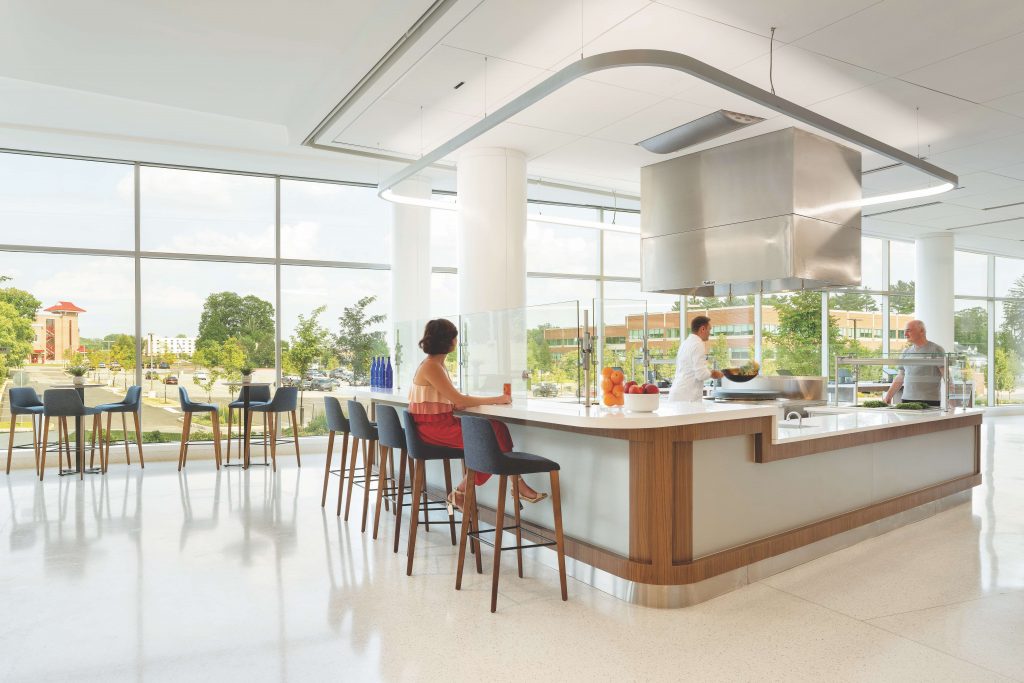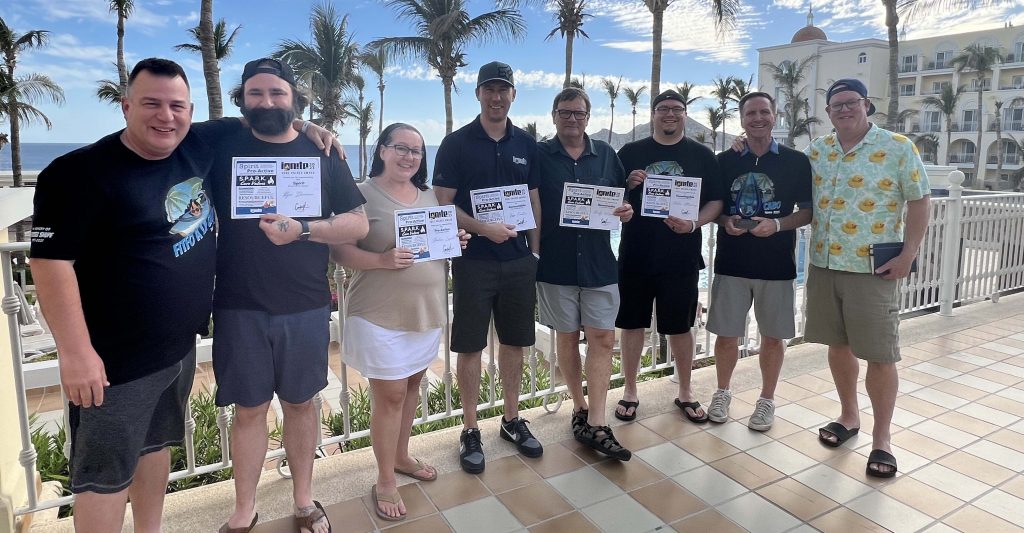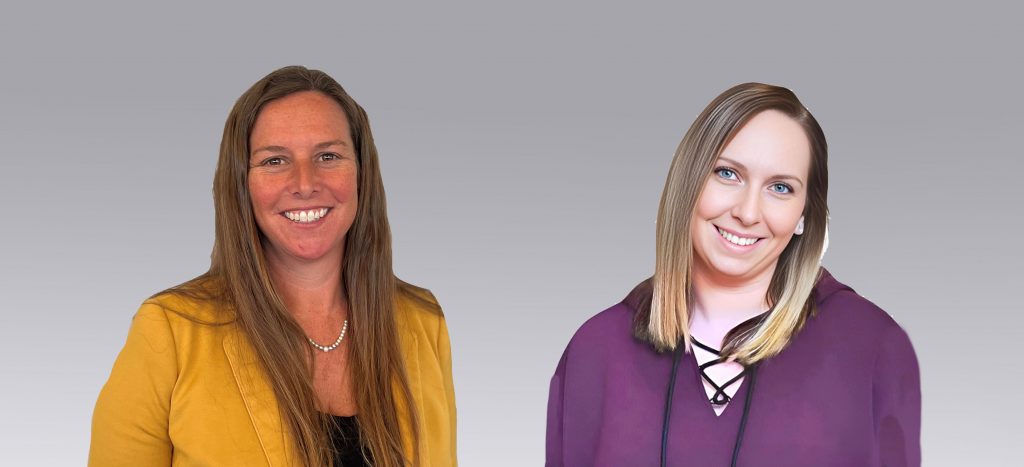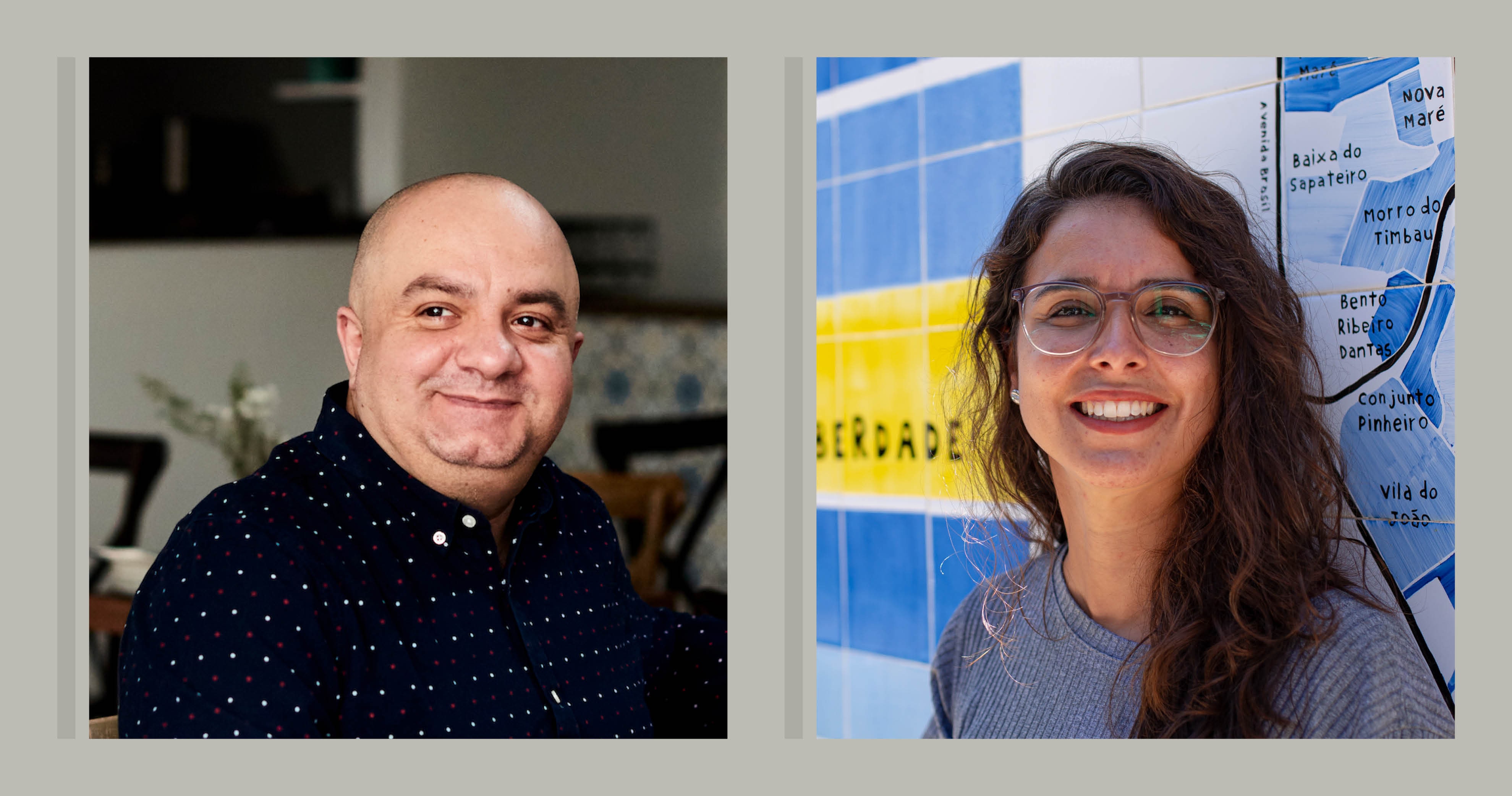
While there is a well-documented staffing crisis in the sector at present, those who are attracted to join hospitality in the first place develop a life-long love for the profession. This is an industry for people who enjoy the company of others, meeting new people and learning from each other.
From manufacturers and consultants to operators and chefs, there is a place for everyone in foodservice. Yes, it is infamous for long hours and hard graft, but the pull of the satisfaction and joy it offers and the potential for it to affect wider change means that many are drawn to the industry. There is no one common denominator to describe those who make a life in food, such is the diversity. Extraordinary people with a story in this sector are everywhere.
In this first part of the Q2 2022 Foodservice Consultant cover story we speak with the people who have forged their own way in foodservice to make a difference in the world and those who have found a way back to a profession they love.
Imad Alarnab
Chef, Imad’s Syrian Kitchen, London
“I am always lucky”. These may be surprising words to be uttered by a man who has been through more hardship than most people, and restaurateur Imad Alarnab is a living reminder of the saying that you make your own luck. Through his determination and positive attitude he has gone from losing his restaurant business and fleeing civil war in his home country to opening his restaurant in London, recently awarded a Bib Gourmand by The Michelin Guide.
Opened during the pandemic lockdown, Imad’s Syrian Kitchen can be found on a piece of prime real estate in the famous Carnaby Street in the English capital city. The story of how this vibrant restaurant came to be is life affirming and inspiring in equal measures.
Alarnab, originally trained as a fashion designer in his native Syria, following a family tradition, but his heart was set on gastronomy. “All my uncles and my father were against me being a restaurateur – just because it is not something accepted in our society and especially in my family, but I eventually started my first restaurant in 1999,” he recalls.
“When you cook, you only consider what you are cooking, and you can transfer this love to the people around you and to your cooking. If anything is bothering you, it can wait until you finish cooking.”
Having found success with his first restaurant, Alarnab opened another two, only to see his work disintegrate as the Syrian civil war escalated. “I lost my restaurants in March 2012, but I stayed until July 2015; for those three years I worked in human resources for a law firm,” he says. “I did not like it but I had to do something to support my family.”
Starting over
However, staying in Syria became too dangerous and like thousands of other migrants Alarnab set out on the treacherous journey across Europe to reach safety. For three months, he traveled any way he could – by bus, train, boat, on foot – and spent 64 days sleeping rough in Calais, the French port town that connects mainland Europe with the UK, while trying to make it across the Channel. “I tried so many times to make it across and in the end, I traveled in the back of a lorry,” he says.
His wife and three daughters joined him in London as part of a family reunion program the following year. “My daughters are doing great at school here. They are my super heroes; I am so proud of them.”
Upon arriving in the UK, his ambition was always to have his own restaurant again, however, first he worked as a car washer and salesman.“I didn’t like it at all, I might be a good driver, but that is it. Working with cars was a nightmare and soulless,” he says.
With his plans to open restaurants in mind, he soon started inviting friends to his home for dinner. “In Syria my crowd was all Syrians but here [in London] you have many nationalities and different backgrounds, so I had to take a survey from everyone from every background,” he says.
A reason for everything
The informal supper clubs got great feedback and marked the start of a series of pop-ups, mostly done in support of charities including Choose Love and UNICEF, which he launched in March 2017. “We did something like 48 pop up restaurants and supper clubs around the UK and abroad.”
His philosophy in work and life is one of generosity of kindness. “Somehow, I feel, when you love people, they will love you back. I believe in this and I honestly love everyone,” he says. “When you give something and you feel happy about giving it you will be paid back, I really do believe in karma and this is something there is no question about.”
Considering his story and given the chance to do it all over again, he would not change a thing. “I think there is a reason for everything; knowing what I know now, I would choose my reality right now,” he says. “I always say I am very lucky. Since day one I felt lucky. Even when I lost my restaurants when I think about it now. Maybe this happened to enable my daughters to get a great education or maybe a better future for us all, I don’t believe in bad luck.”
On reflection, he says the experiences of the last decade have made him appreciate everything. “I used to take everything for granted in my life. Now, I appreciate my bed because I spent a lot of time dreaming about sleeping with my legs stretched out when I slept on the steps of a church in Calais,” he says. “I hope people will really appreciate what they have right now. During the long journey between Macedonia, Serbia and Hungary I was desperately in need of any warm food or drink – these are things we take for granted. We don’t think about sleeping with a roof over our heads.”
His extraordinary journey came full circle four years after arriving in the UK when he opened Imad’s Syrian Kitchen. Taking on the central London site in June 2020 in the middle of the Covid pandemic was daunting, but Alarnab had no hesitation in accepting this “opportunity to take a risk” as he describes it. “When I showed the site to my daughters, they said I was crazy because there was no one in central London; this was June 2020 and the city was dead and empty,” he says. “But I thought ‘it is either now or maybe never’.”
Mariana Aleixo
Mare de Sabores, Brazil
Having grown up in the Mare favela in Rio de Janeiro, Mariana Aleixo has channelled her knowledge and expertise in food and hospitality into a project that supports women of her community by offering them gastronomy courses and entrepreneurial mentorship. “We enable women to be financially independent and create a local food culture, while we discuss the importance of healthy food habits to improve the residents of Mare’s life quality,” she explains.
Founding and spearheading Mare de Sabores earned Aleixo a place among the shortlisted people for the 2020 Basque Culinary World Prize, a coveted award for chefs who affect social change beyond the kitchen.
She founded the social project Mare de Sabores in collaboration with Redes de Mare, a civil society organization that promotes a sustainable development network in Mare favela where she was born.
Financial autonomy
Mare de Sabores also provides a catering service for private and institutional events, employing the women, which gives them a wage while training.
“This increases their income and enables them to be financially autonomous and reflect on gender issues, encouraging women to break away from a cycle of dependency, which often is responsible for perpetuating domestic violence in the favelas,” Aleixo says.
Maré de Sabores was initially set up as professional training in gastronomy but, over time, has undergone several transformations and today has more sophisticated methods of impacting women. “Today we are very committed to all of our agendas, we know it is urgent to propose solutions and focus on public policies to fight hunger, which the pandemic has worsened even more in Brazil.”
In Brazilian favelas, Aleixo explains, women have always been at the forefront of conquering the rights of these territories, and it is women who are guaranteeing food security for families and are those who are most severely affected by food insecurity. Today, she continues, women are in the process of reclaiming their role in creating a circular economy that is more inclusive and diverse and improves living conditions.
“We, women of Maré, have the challenge of guiding these agendas crossed by social markers such as gender, race and class. Therefore, we know how important it is to be committed to a positive agenda in public policies for women and to the structural confrontation of inequalities,” she explains.
Building from a base of gastronomy
She was spurred on by early career experiences, including work in the restaurants located in Rio de Janeiro’s wealthy neighborhoods, including the Cipriani restaurant kitchen, at Belmond Copacabana Palace and at the restaurant at the Fasano hotel.
“These professional experiences motivated me to seek the academic universe and it was fundamental to look at the food and beverage sector and investigate how to act in it in a more inclusive way,” she says. “They were crucial to my education; they consolidated my eagerness to expand my gastronomic repertoire and made me reflect and understand how social popular groups construct a food relationship that broadens its physiological sense.”
Building from her base of gastronomy, Aleixo is determined to continue to work to empower and improve the lives of the women of the favelas – and the community around them.
“The future of gastronomy in Brazil must be guided by the guarantee of rights for the population of slums and peripheries, and the main role must be played by the people from these territories – mainly by the women,” she concludes.
Tina Nielsen

